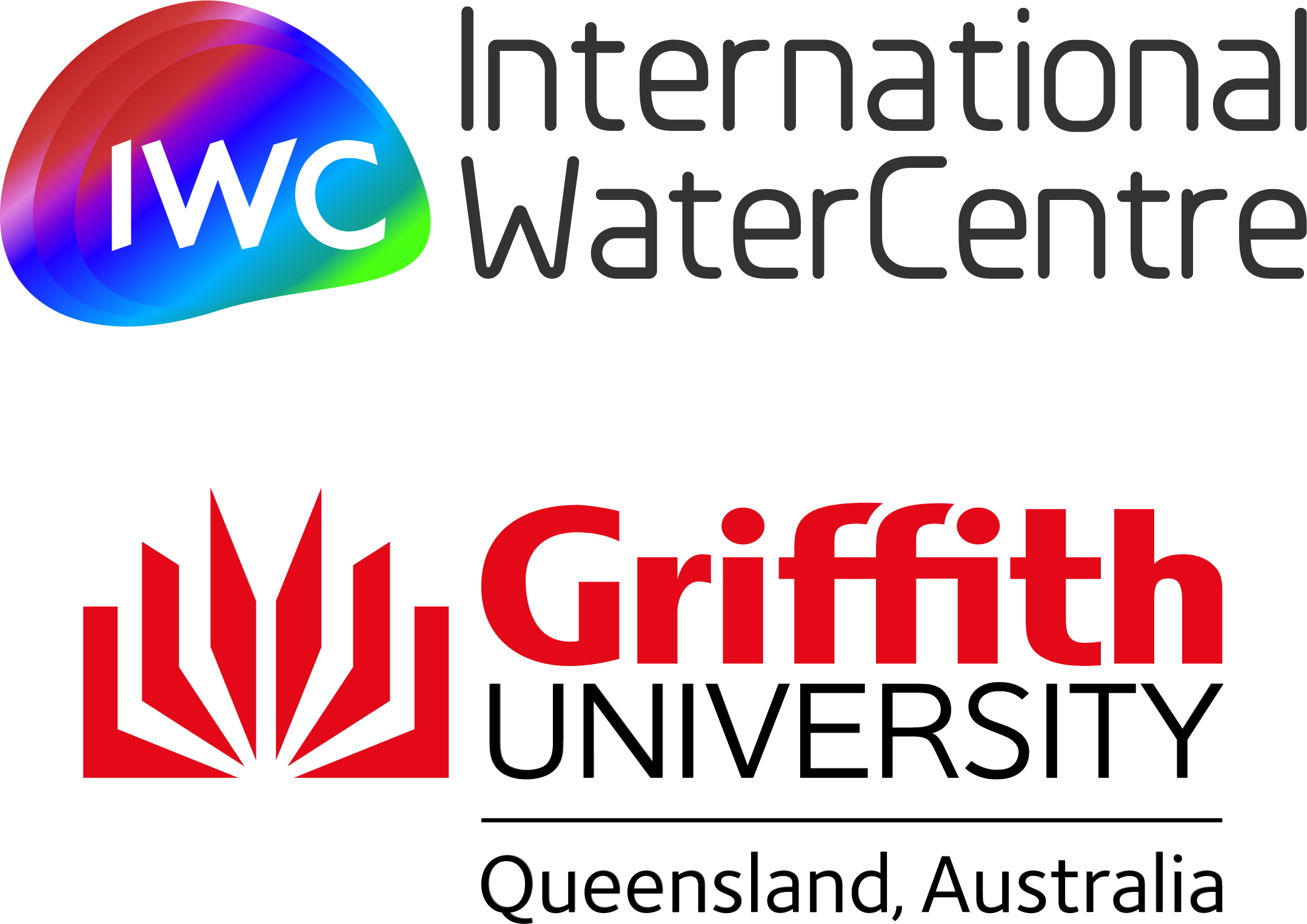Incorporating circular economy and resilience principles in the water sector
Delivered by the World Bank
Water is essential for socioeconomic development and it links with nearly every Sustainable Development Goal; there is therefore growing pressure on ensuring good water resource management and provision of water and sanitation services. However, water is generally undervalued, and water resources are used inefficiently. Population, economic growth and shifting consumption patterns have driven a rapid rise in demand for water resources, while 36 percent of the world’s population already lives in water-scarce regions. Water pollution resulting from human activities has clear health, socioeconomic and environmental impacts, and further threatens the sustainability of water supplies. Climate change is challenging the sustainability of water resources, which are already under severe pressure in many regions of the world. Water is circular by nature; however, the water sector is not systematically included in circular economy strategies. The World Bank initiative, “Water in Circular Economy and Resilience” (WICER), shows that both low-income and high-income countries can benefit from Circular Economy strategies to make the water and sanitation sectors more sustainable and resilient.
There is a need to rethink urban water through the circular economy and resilience lenses to tackle present-day challenges and provides a systemic and transformative approach to deliver water supply and sanitation services in a more sustainable, inclusive, efficient and resilient way. This includes training practitioners of water resources management, water supply and sanitation to shift from using linear models of service delivery and resource management, to circular economy models. The training needs to include an understanding of the principles, as well as ensuring practical tools and frameworks to integrate the principles into strategy, planning, design and operation.
Learning or other Objectives:
Through this workshop participants will develop an understanding of circular economy and resilience principles as applied to the water sector, and how to apply the World Bank WICER Framework. More specifically the workshop will give participants knowledge and skills to:
- Incorporate circular economy and resilience principles in policies and strategies, planning, investment prioritization, and design and operations
- Adapt the WICER framework to local conditions
- Identify pathways towards circular economy and resilience
The expected outcomes for participants applying the skills learned will be to:
- Deliver resilient and inclusive services
- Design out waste and pollution
- Preserve and regenerate natural systems


